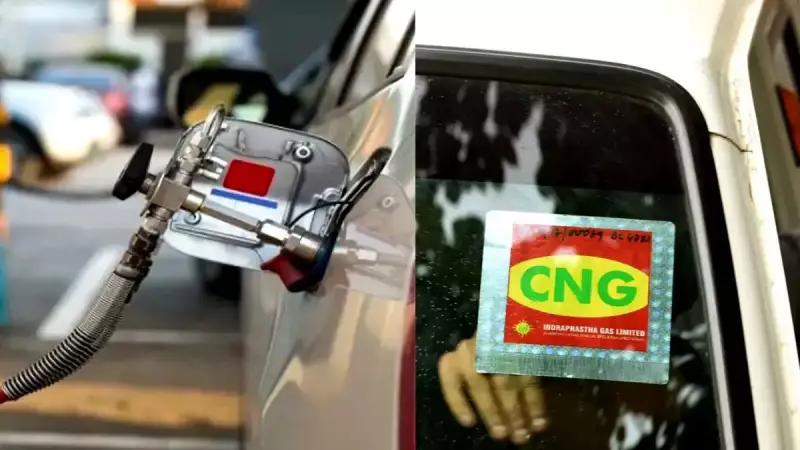
The financial capital of India is grappling with a significant disruption in its Compressed Natural Gas (CNG) supply following damage to a crucial gas pipeline. The incident has triggered long queues and heightened anxiety at filling stations across Mumbai and surrounding regions.
The supply disruption began after a gas pipeline was damaged near Vijay Nagar in the Mira Road area, creating immediate challenges for the city's transportation network that heavily relies on CNG.
Pipeline Damage and Immediate Impact
According to Mahanagar Gas Limited (MGL), the sole distributor of CNG in Mumbai, the pipeline damage occurred at a critical section of their infrastructure network. The company swiftly responded to the emergency but had to temporarily suspend gas supply to multiple CNG stations as a safety precaution.
The timing of this disruption couldn't have been worse for daily commuters and commercial vehicle operators, particularly auto-rickshaw and taxi drivers who depend on affordable CNG for their livelihoods. Many stations reported unprecedented queues as news of the supply issue spread rapidly through driver communities.
Restoration Efforts and Timeline
MGL has mobilized technical teams and resources to address the pipeline damage on an urgent basis. The company has assured customers that repair work is progressing rapidly and normal CNG supply is expected to resume by Tuesday, November 18, 2025.
In an official statement, MGL acknowledged the inconvenience caused to their customers and emphasized their commitment to restoring services at the earliest. The company is coordinating with local authorities to ensure repair work proceeds without additional complications.
Widespread Consequences for Mumbai
The CNG supply disruption has created ripple effects across Mumbai's ecosystem. With approximately 200,000 auto-rickshaws and numerous taxis and private vehicles running on CNG, the city's transportation has felt immediate pressure.
Commuters reported longer waiting times for auto-rickshaws and taxis, while drivers expressed concern about the potential financial impact of having to search for functional CNG stations across the city. Some stations implemented rationing measures to manage the limited supply available.
The situation highlights Mumbai's critical dependence on CNG as a primary fuel for public transportation and the vulnerability of the city when this supply chain experiences interruptions. This incident follows similar challenges faced by Delhi recently, raising questions about the resilience of urban fuel infrastructure in major Indian cities.
As repair teams work against the clock, Mumbaikars hope for a swift resolution to avoid extended disruption to their daily routines and the city's economic activities that depend on reliable transportation networks.






